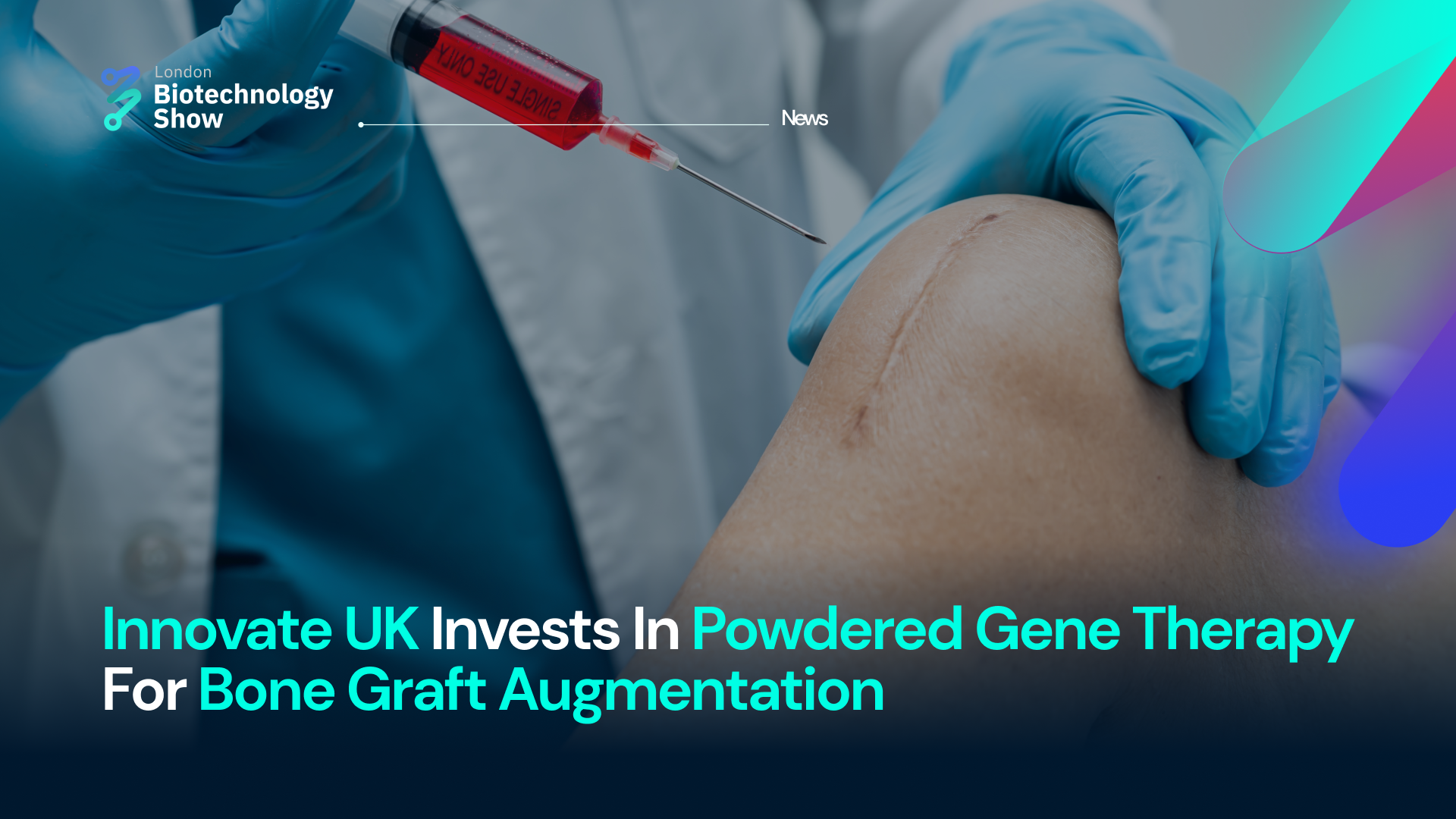01 Sep, 2023: TherageniX, a University of Nottingham spin-off, that is at the forefront of dry powder gene therapy for bone graft augmentation, has secured a substantial £995,000 grant from Innovate UK, the UK's leading innovation agency. This financial support will be channelled towards advancing the development of TherageniX's innovative gene therapy powder-a non-viral gene delivery system designed to enhance tissue regeneration post-surgery. The primary focus of TherageniX's efforts will be on orthopaedic applications, with the ultimate goal of elevating patient outcomes in bone grafting procedures.
TherageniX’s exclusive technology facilitates the swift introduction of desired genes into patients' cells. Subsequent to this in-surgery process, the modified cells are transplanted at the surgical location, empowering the body to generate essential proteins or elements necessary for tissue regeneration. Innovate UK has granted funds in response to its call for "cutting-edge solutions for intracellular drug delivery" within the framework of its Transforming Medicines Manufacturing programme. This financial support will enable TherageniX to concentrate on the enhancement of its non-viral gene delivery system, transitioning its liquid-based formulation into an advanced dry powder gene therapy approach.
While the patented technology can be directed towards any tissue, TherageniX's initial priority lies in orthopaedic applications. The company intends to harness its platform technology to merge the patient's own bone marrow cells with it, thereby stimulating the generation of genes, including BMP (Bone Morphogenetic Proteins) for osteogenesis. This innovative approach aims to enhance the regenerative potential of skin, bone, muscle, and cartilage after surgical procedures.
In a press release published by TherageniX, Dr James Dixon, Associate Professor of the School of Pharmacy and NIHR Nottingham Biomedical Research Centre at University of Nottingham said, “Adapting technology for a rapid application directly to grafted tissue within the operating theatre has been a vision for our gene delivery platform for several years. We have the opportunity here to bring regenerative medicine and gene therapy forward with innovative applications and apply it in ways we could not have envisaged only a few years ago, even to emergency medicine.’’
He further added, ‘‘Deployment via a dry powder will allow us to overcome some of the bottlenecks for its impact. We hope that our system will generate a platform of transformative, and economically viable approaches to clinical problems that remain poorly addressed in modern medicine.”
Despite the challenges in the development and clinical application of powdered gene therapy, the Innovate UK funding serves as a beacon of hope, highlighting the immense potential for this innovative approach. With ongoing dedication and support from both the scientific community and funding agencies, we can anticipate a future where powdered gene therapy becomes a cornerstone in the evolution of healthcare, offering new hope and improved outcomes for patients in need of bone graft augmentation.

